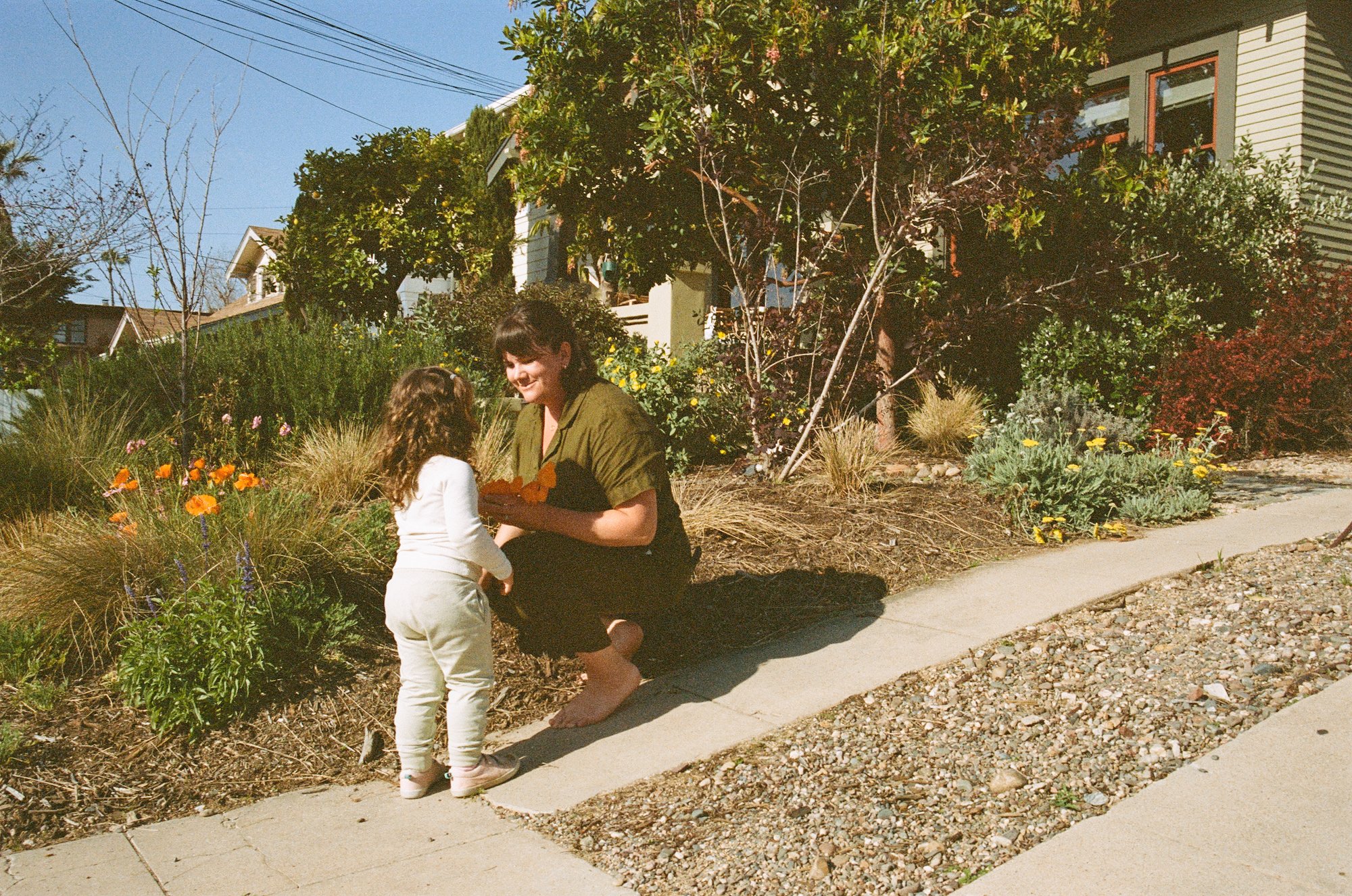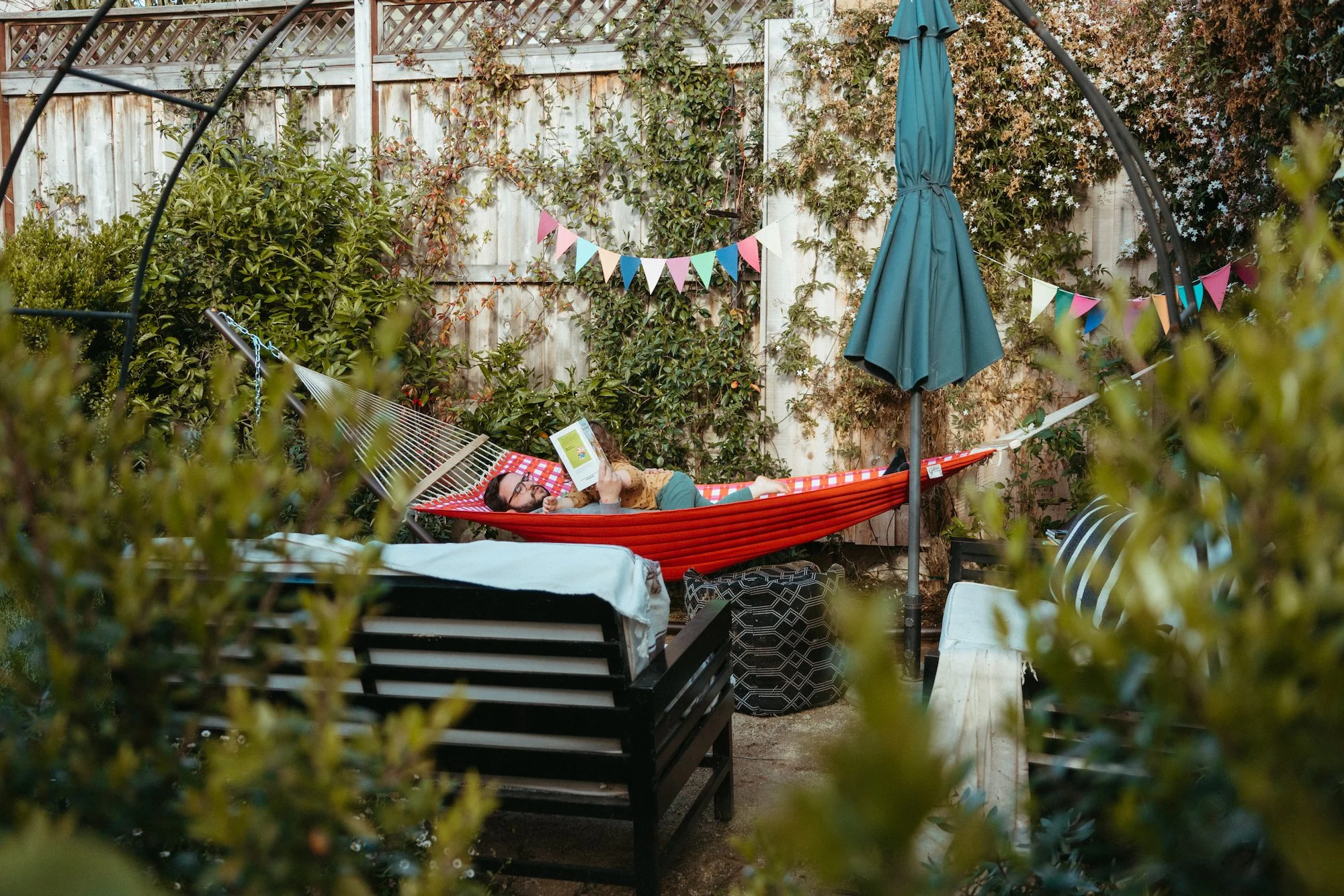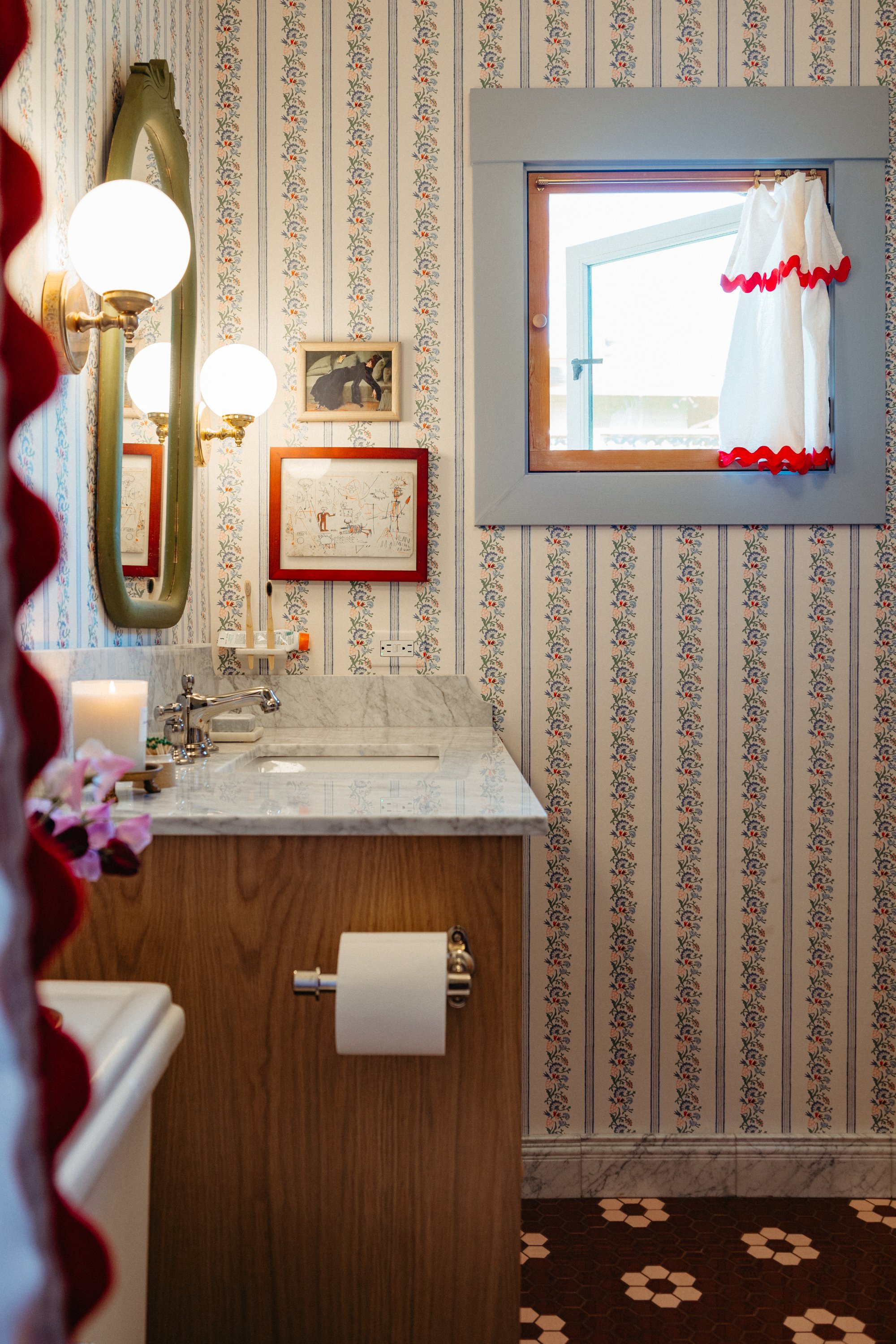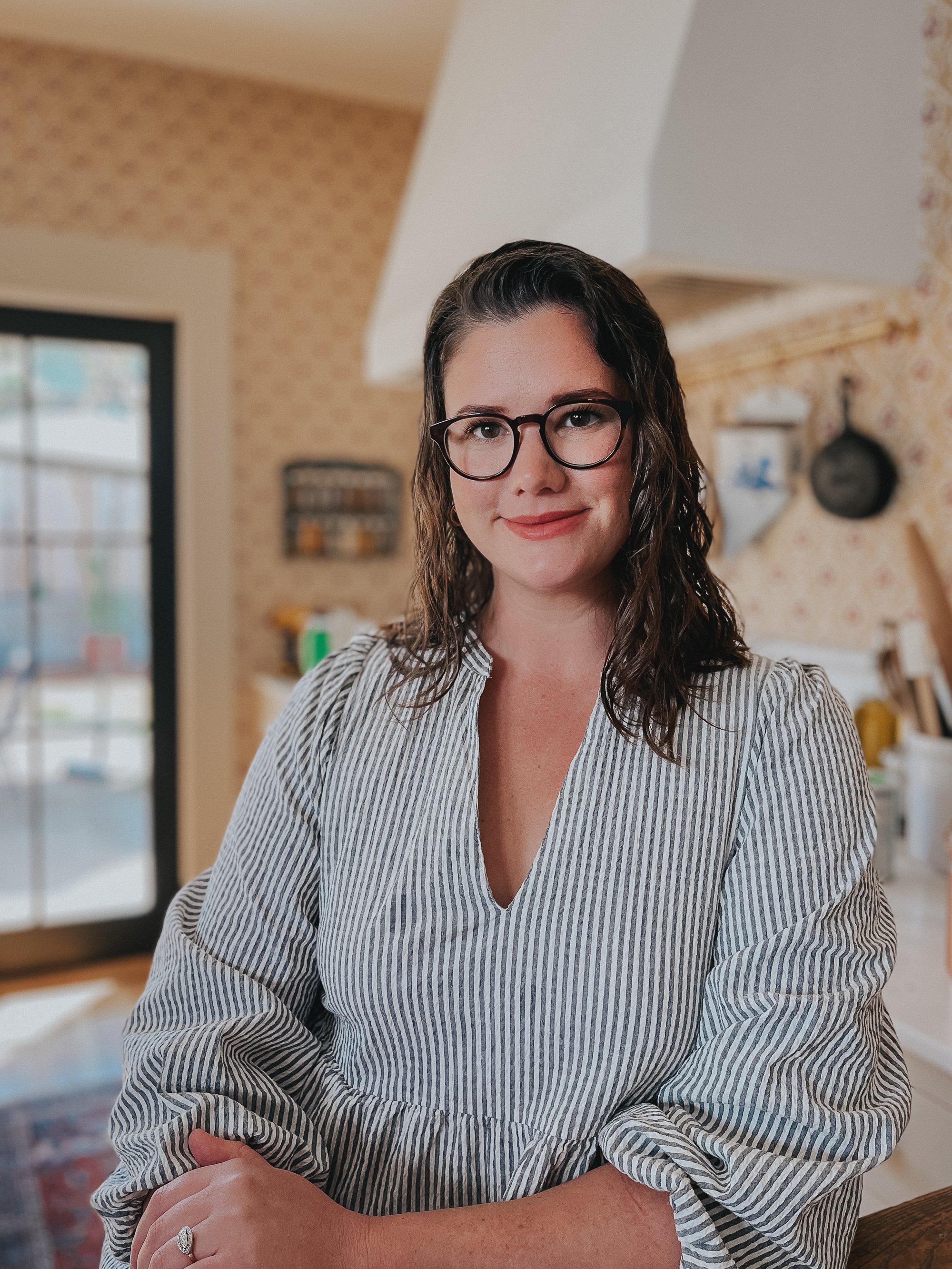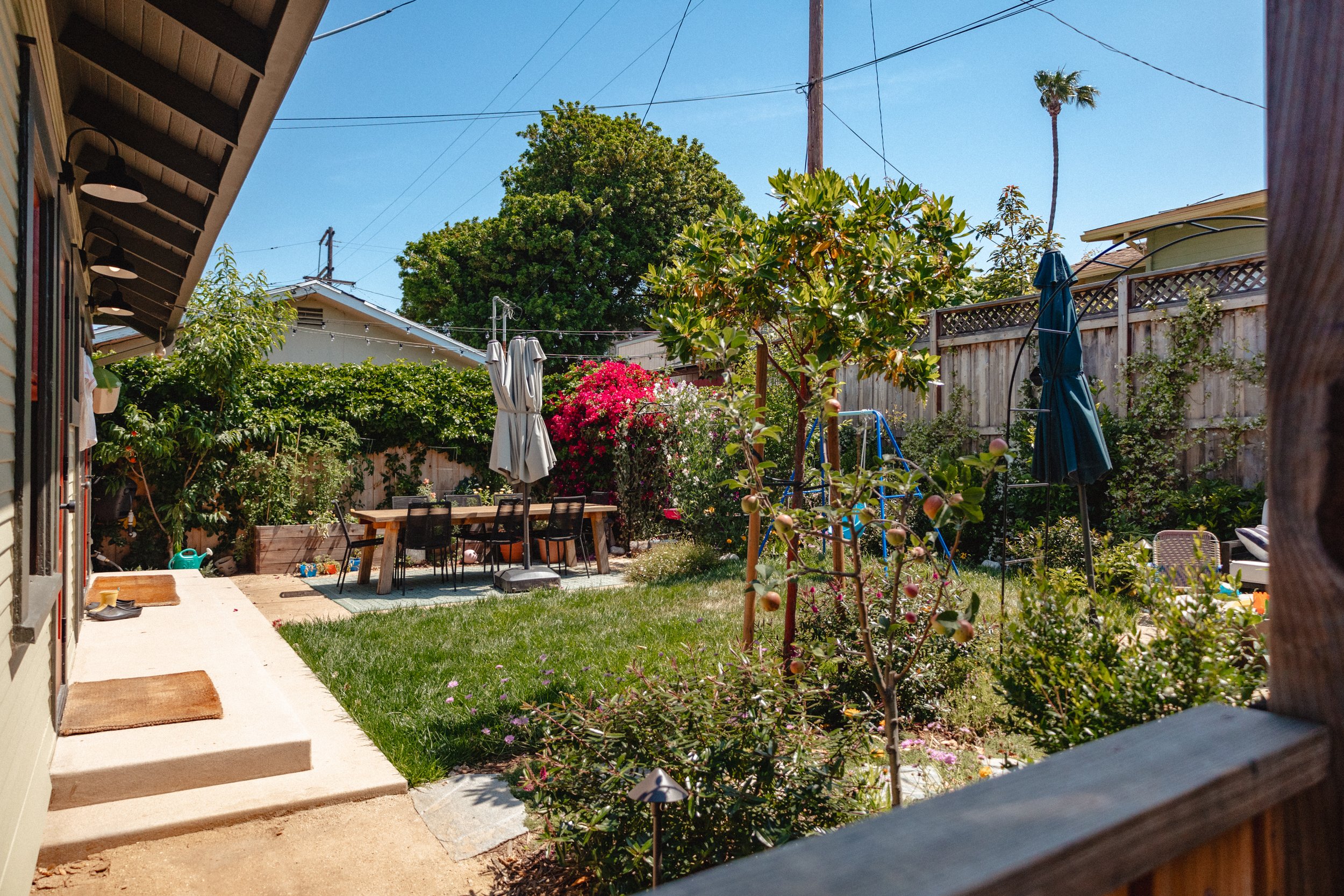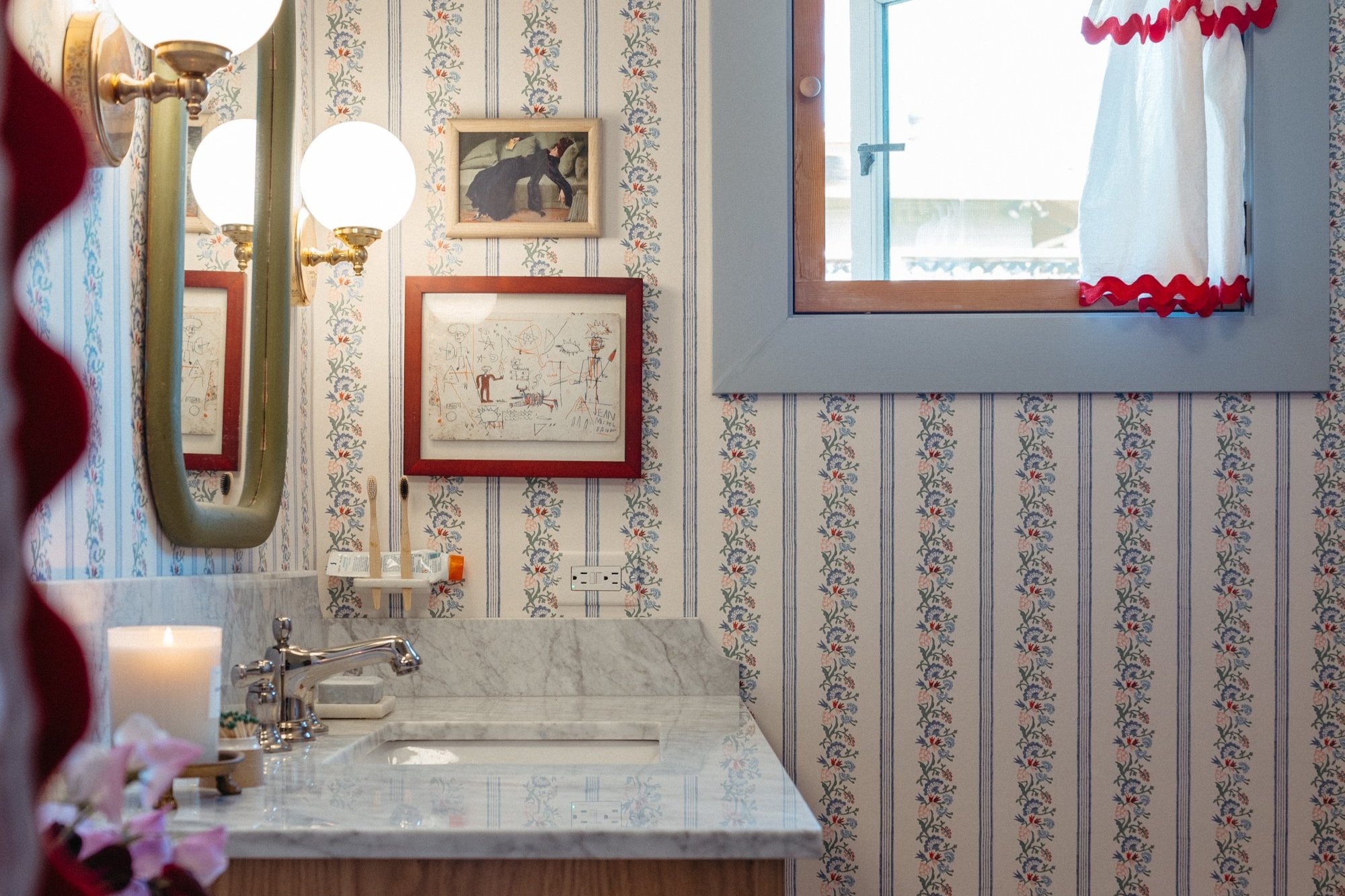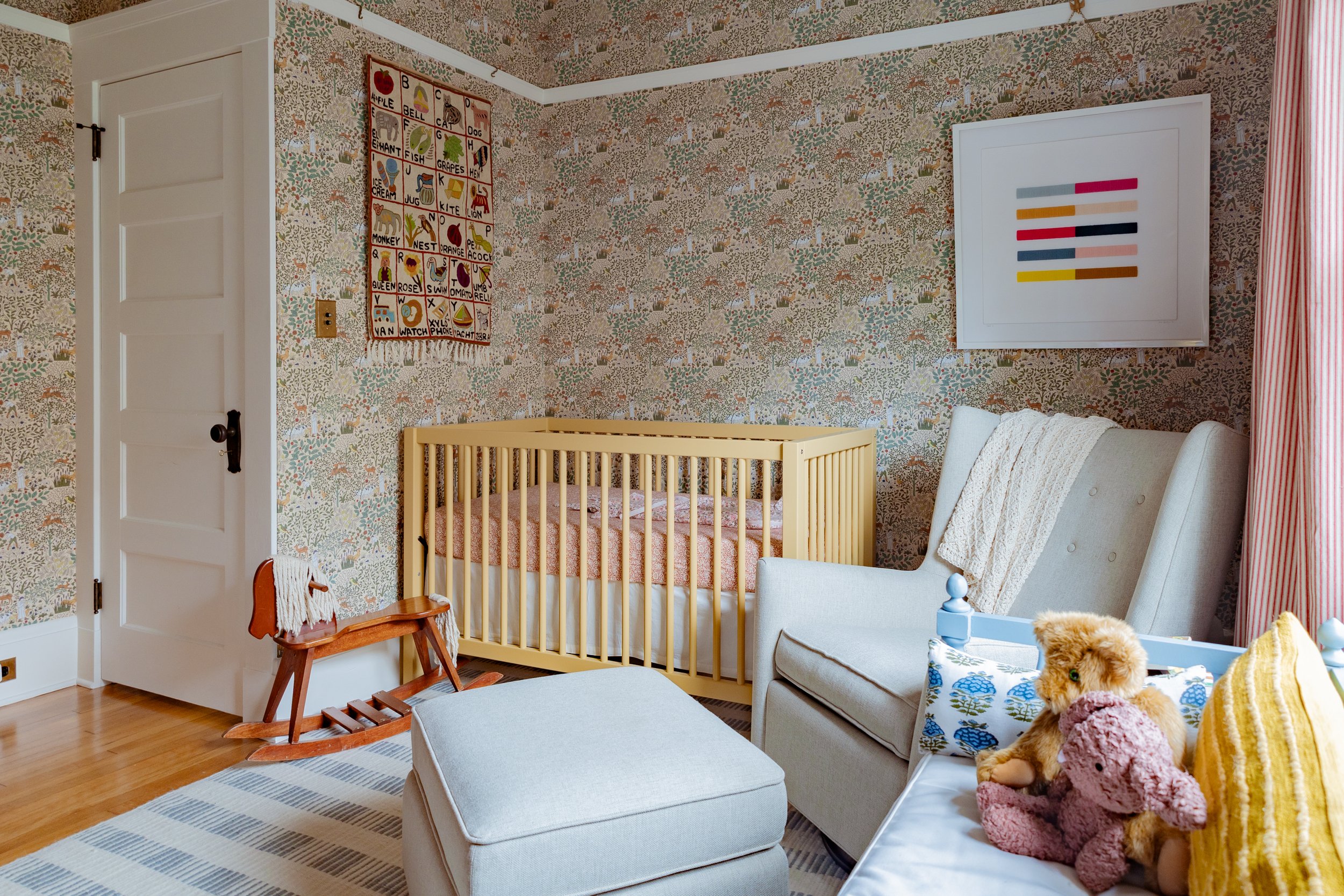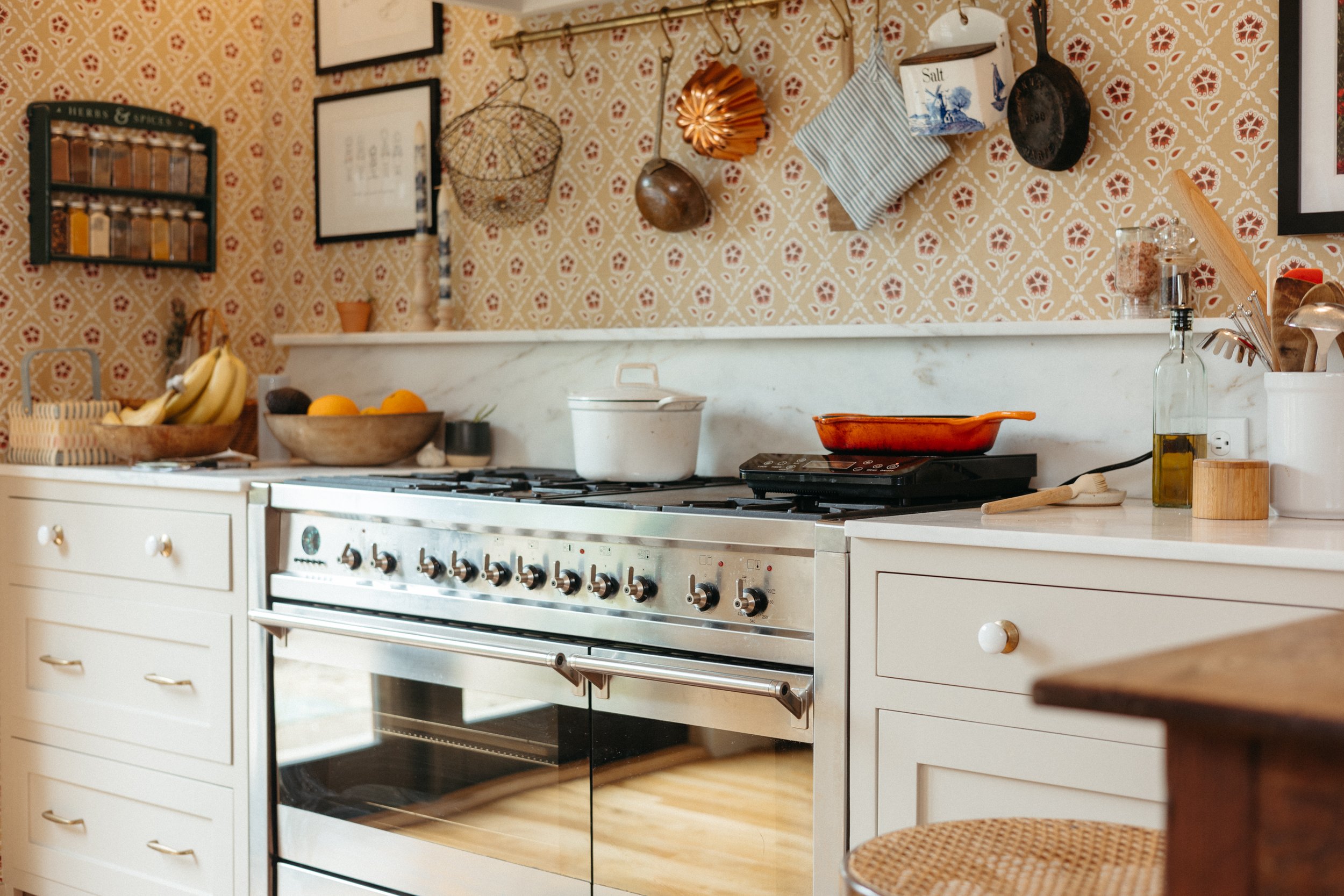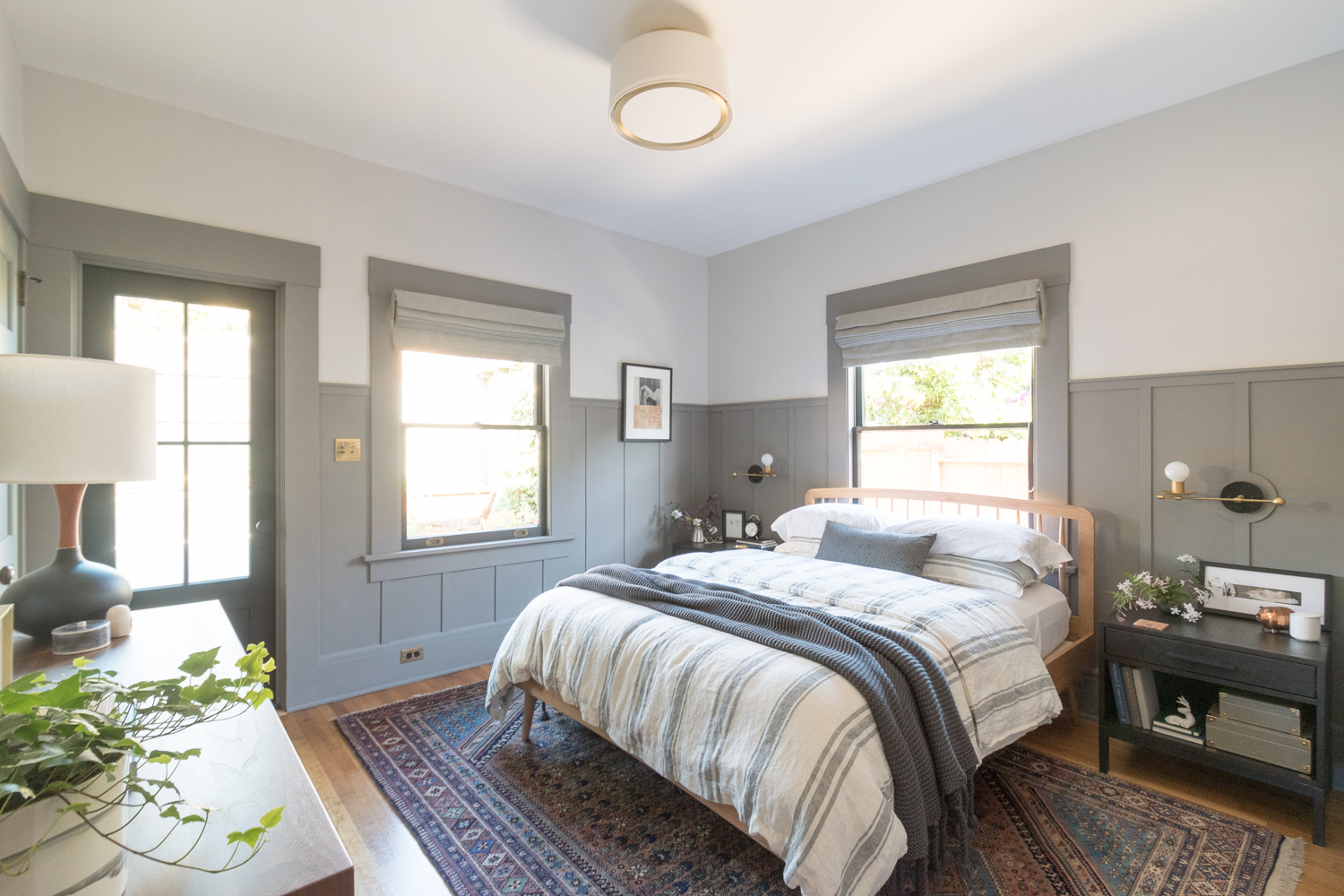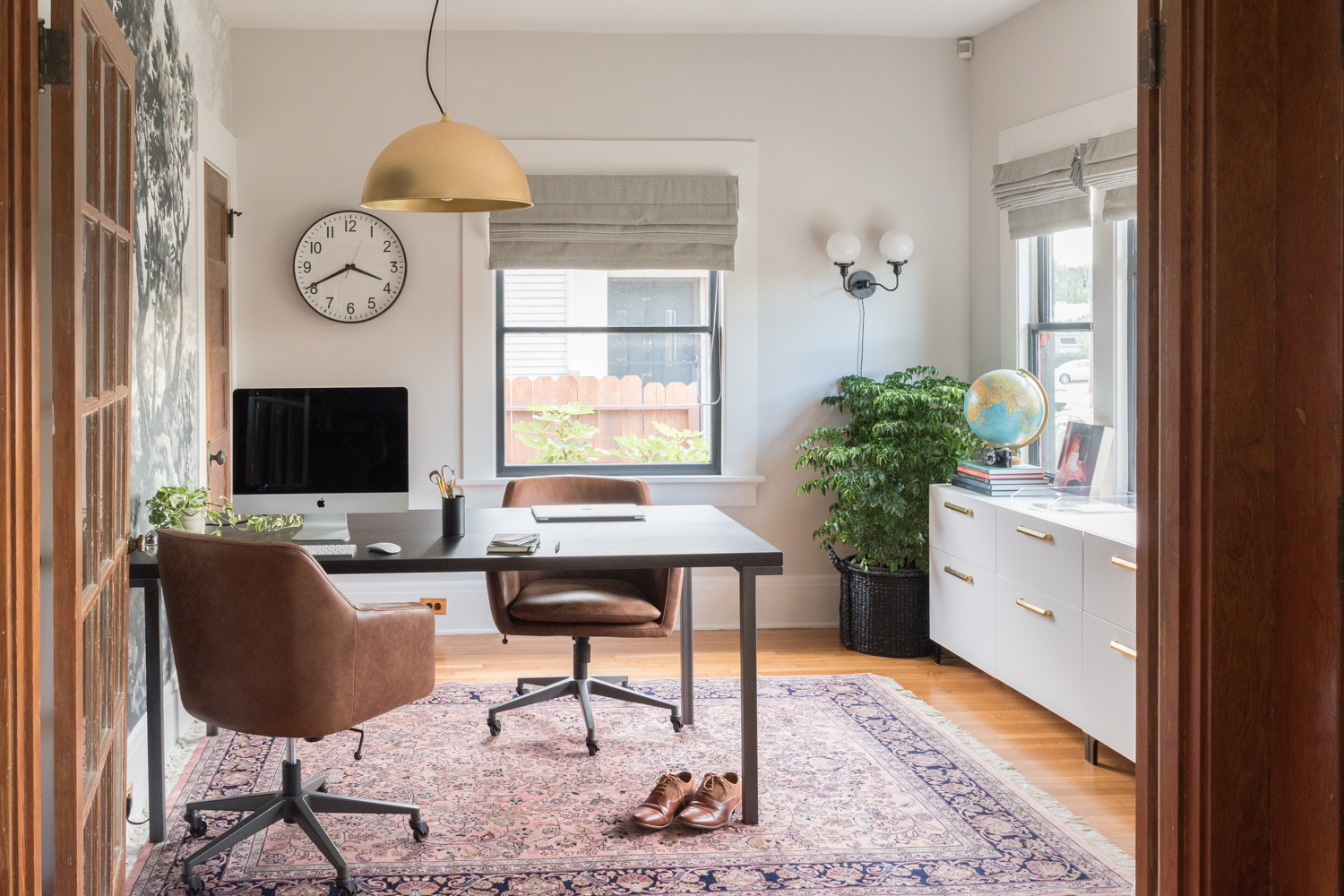Why You Should Pretend To Be A Home Blogger
/The title is weird, I know. But hear me out! I have a strange philosophy on how to make our homes truly ours and to help us make decisions about our homes. And that’s to pretend that you’re sharing your home and your reasoning with thousands of people. Not in fear of their judgement, but to solidify our own intentions. Stick with me.
This idea came to me when I was filming the video of the inside of my kitchen cabinets. I did a practice run and my narration went as follows: “In this cabinet I have the loaf pans because….uhm…I don’t know why. Actually, these pans should be with the other baking stuff. Yeah, these don’t belong here, let me move those.”
And then I moved them! I put the loaf pans with the baking pans instead of with the baking accessories. I don’t know why I had them with the accessories, but I’m sure I wouldn’t have moved them if I wasn’t narrating my reasoning in the video. I would have just continued storing those loaf pans where they had always been. And I’m much happier with their new placement!
There’s something about having to look at something and really think, “why is it there?” “why do I own it?” and further to think about explaining your reasoning to strangers on the internet, or your high school English class, or your mom, or whomever you want your pretend audience to be. It gives you a second to go through the motivations yourself and maybe shift gears, or maybe feel more confident in whatever you’re doing.
I’m sure this is why people like therapy or have a deity they look to when making big decisions. But I’m not talking about big decisions. I’m talking about deciding on how many spatulas we need, or why we store the tape measure in the garage instead of in the house, or why we buy the things in the sale bin, or why we hold on to that furniture that we bump into, or why the den is still painted that color, or why we do any of the things we do at home. The little things that affect our day-to-day that we tend to let fall into habits. But also the decisions moving forward like why would I buy a vintage table or a new one, or why pick that particular paint color, or or or or.
It’s kind of like the KonMari method in which Marie Kondo encourages us only to keep the things that spark joy. Which I do believe in for many of the things at home, but this is my (kinda weird) method for thinking about all of the non-joyful things like spatulas and loaf pans. I just want everyone to ask themselves “why” and have an answer that they’d feel confident sharing with thousands of people. Simple.
Whenever I film a 45 second long video on my phone and publish it to Instagram, I get dozens or hundreds of messages from people. Sometimes they show support, but most often they have a follow up question, or they want to know more about WHY I’m doing what I’m doing. Getting these questions really makes me pause and think about the answers. Sometimes I have a good reason, but sometimes I don’t - and that really sticks with me.
Now, to be clear. The point of my method isn’t to involve anyone else’s opinion. I’m not afraid of an Instagram backlash and I don’t feel like I need strangers on the internet to like me. I’m not implying that I would change my mind because of what the internet would think. Absolutely not!! But rather, if I can’t explain why I did what I did, then why did I do it? If I can’t explain to myself why I hung the curtains like that or why I bought that particular couch, then I maybe didn’t think my purchases through enough. This isn’t about presenting myself to the internet, but actually presenting my own decisions to myself to fact check them.
Again, I’m not trying to get deep here. Here are some of the simple questions I’ve received (off the top of my head): “why didn’t you paint the picture rail molding the same color as the trim?” “why didn’t you buy the cream lamp, too?” “why don’t you hang your pants in the closet?” These aren’t deeply philosophical questions, but they do affect how we live in our homes. And you know what, that question does have me wondering if I’d prefer hanging my pants rather than folding them. Maybe I’ll try hanging them!
I realize that having a reason for everything and needing to explain it all is rather type A and INTJ of me, but I find something healthy about doing a personal check of my motivations when doing the practice run before I tell you all about it. I’m a big function fan. Form too, but I’m big on function.
So go ahead, and pretend you’re filming a video for your pretend blog. Pretend you’re sharing your insights to help others learn from your experiences or mistakes. Go ahead and explain why you store the things you do, or why you keep your furniture where you do, or why you own the clothes you do, or why you’re picking that paint color, or why you bought that thing. Or anything at all!
If you can’t come up with a reason, then maybe you want to make a change? Or not, because I’m really just talking about where we store our garlic press - it’s not THAT important. Here are some answers that I think are healthy responses to the “whys” as well as a list of some that might make us question our methods.
Reasons we should be able to give about anything:
“Because it helps me accomplish a task”
“Because I love it”
“Because it benefits my family/friends/community/planet”
“Because it’s been in my family and I cherish that”
“Because it makes me happy”
“Because it works well with my design”
Reasons we shouldn’t be using to justify the things in our homes:
“Because it was expensive”
“Because I don’t have anything better”
“Because I got it as a gift”
“Because I might need it one day”
“Because it’s always been like that”
"Because it was free”
See the difference? I’m not encouraging you to practice doing a TED talk about why your hang or don’t hang your jeans in the closet. But maybe a closer look at our reasoning could help us assess if we’re in need of change or happy with the way our homes are set up. I just want us all to feel confident in our homes and want everything to have an intention. As I move through life getting asked “why” by strangers every day, it’s given me a new perspective on my decision-making. And I kinda like it.
I do want to also add, that some of the “why” questions I ask myself can be important questions that deserve much more thought than deciding where to store the garlic press. Sometimes asking myself “why” is a healthy way to make sure I stay true to myself. You know by now that I’m passionate about sustainability, our environment, and social justice. So if I’m thinking of buying something that contradicts all of those things and I don’t have a better reason for going against my values, then it isn’t a good choice for me. This is insanely obvious when written out like that, but when in the moment, it’s easy to get caught up in the price or the convenience or the ease without stopping to think about the “why.” I know that when I tell people I bought a brand new table instead of getting one at the thrift store, I hope I’ll have a good answer to the questions “of why didn’t you buy secondhand?” I don’t need a good answer to please the people of the internet, but rather to make sure I’m being true to my values. And if I want to buy something and not tell anyone about it because I feel guilt or shame about it, then I don’t think it’s a product for me.
So go out there and pretend you’re making a video tour of your kitchen cabinets, or all of the things you’re displaying in your living room, or your book collection, or whatever you want. Have fun with it and let me know how it goes.



